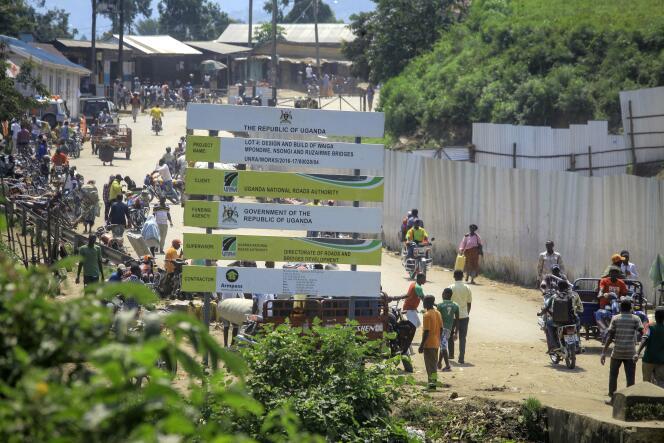


Uganda has agreed to receive migrants who do not qualify to remain in the United States, a foreign ministry official said Thursday, August 21. US President Donald Trump's administration has negotiated arrangements to send people to third countries, among them El Salvador and Eswatini.
With roughly 1.7 million refugees, Uganda already hosts the largest refugee population in Africa, according to the United Nations. It is the latest east African country to announce such a deal with Washington, joining Rwanda and South Sudan.
"The agreement is in respect of Third Country Nationals who may not be granted asylum in the United States, but are reluctant to or may have concerns about returning to their countries of origin," the Ugandan foreign affairs ministry's permanent secretary, Vincent Bagiire, said in a statement on X. He said it was a "temporary arrangement," which specified that "individuals with criminal records and unaccompanied minors will not be accepted."
The UN's refugee agency notes that Uganda, led for almost four decades by President Yoweri Museveni, has a "progressive refugee policy, maintaining an open-door approach to asylum." However, the country also saw a "significant" increase in arrivals in 2024, the agency said, primarily as a result of Sudan's civil war, as well as unrest in South Sudan and the eastern Democratic Republic of Congo.
Rwanda said it would receive up to 250 migrants earlier this month. Kigali has yet to give any further details of that agreement, which Washington has not confirmed. The Trump administration has, however, struck a deal with South Sudan. The impoverished and increasingly fragile nation accepted a group of eight migrant criminals from the US earlier this year, only one of which was South Sudanese.
Since returning to the White House in January, Trump has taken a number of actions aimed at speeding up deportations of undocumented migrants to countries that are not their own. His administration deported hundreds of alleged Venezuelan gang members to El Salvador, where they were kept in a high-security jail with poor conditions before being returned to Venezuela.
Trump's administration has defended the deportations, arguing that the home nations of some of those targeted for removal sometimes refuse to accept them. But rights experts have warned that the deportations risk breaking international law by sending people to countries where they face the risk of torture, abduction and other abuses.
